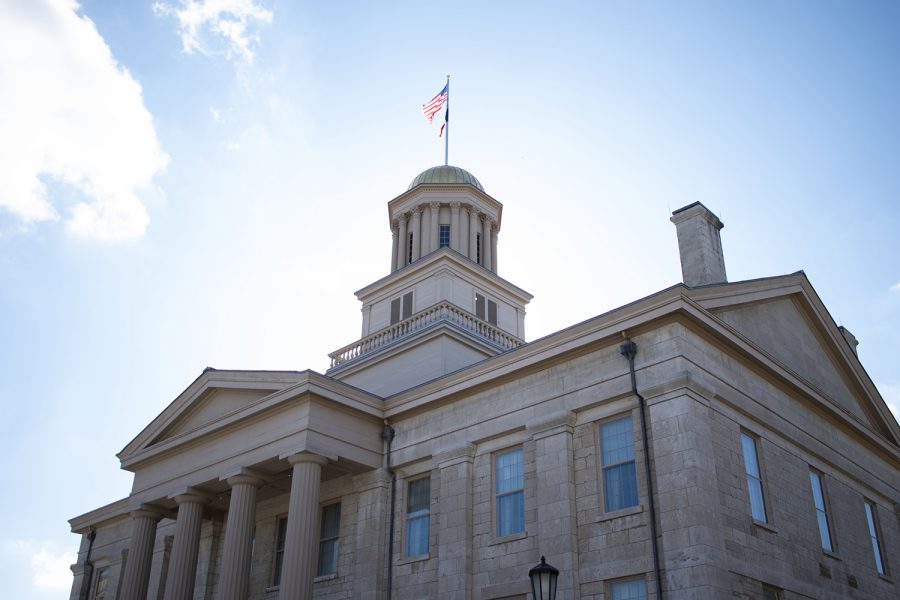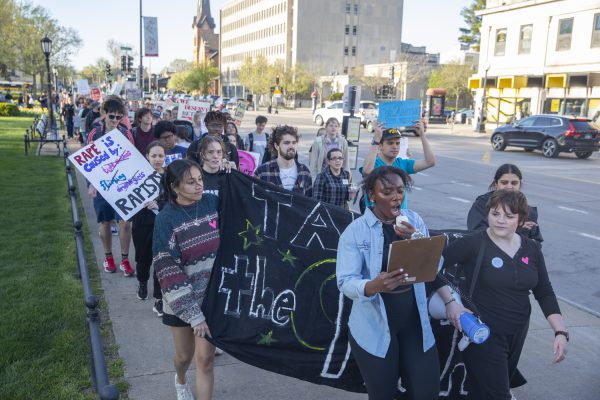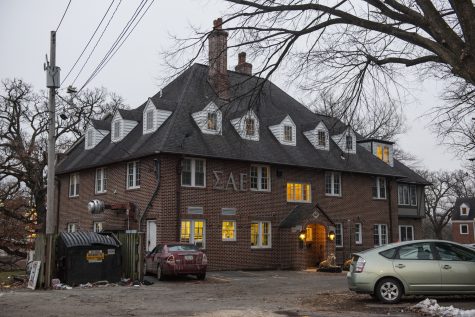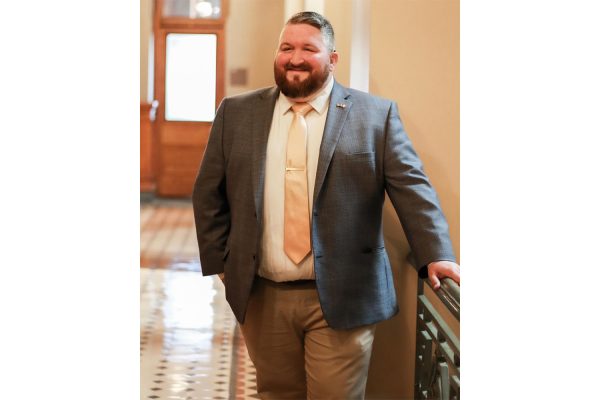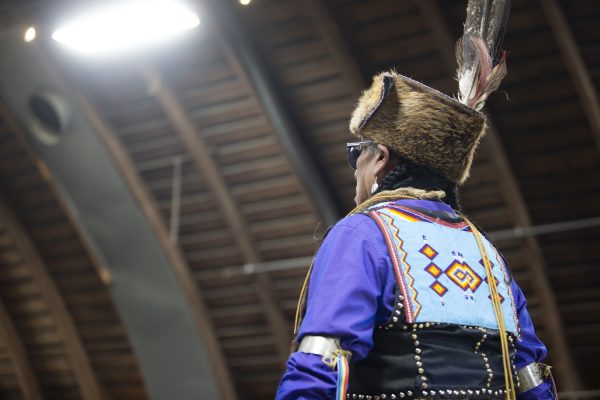Faculty numbers decline at all three regent institutions in Iowa
The state Board of Regents annual Faculty Tenure Report showed declines in the 2020-2021 regents universities’ faculty population
The Old Capitol Building is seen on Monday, March 1, 2021.
April 7, 2021
Iowa’s regent universities reported a drop in tenured, tenure-track, and non-tenure-track faculty members in the 2020-2021 academic year, compared to the previous academic year, at the state Board of Regents meeting on Wednesday.
The decline in the number of faculty at each university is “somewhat parallel with some enrollment declines” that all three of the regent universities have recorded, Regents Chief Academic Officer Rachel Boon said.
As previously reported by The Daily Iowan, the regent universities reported a four-year decline in enrollment in November as institutions of higher education face a dwindling pool of college-age students and significant drops in international students.
According to the annual enrollment report, fewer undergraduates in the freshman class and a drop in numbers of international students are a factor in the declining enrollment.
The University of Iowa saw a decrease of 792 students, a 2.5 percent drop.
The 2020-2021 Faculty Tenure Report shows 105 fewer faculty members at the UI compared to the 2019-2020 data. The number of faculty with tenure declined by 18 at the UI.
Iowa State University Associate Provost for Faculty Dawn Bratsch-Prince told the regents it is imperative that the regent-governed universities hire outstanding faculty, but also invest in them throughout their careers.
“Faculty really are our most valued resource because they are the expertise that draws students to the university,” Bratsch-Prince said.
Boon said the clinical research track offers various term-based appointments and that don’t have tenure.
“In terms of an issue we hear regarding tenure is that there are folks who have pointed to the fact that we do have a lot of excellent non-tenure-track faculty, and saying that’s evidence, you know that universities can hire excellent people without offering tenure,” Boon said.
RELATED: Iowa regent universities report four-year decline in enrollment
As previously reported by the DI, a bill advanced out of a House education subcommittee in January that would phase out tenure at Iowa’s three public universities. The bill expired in the Iowa Legislature during last week’s “funnel.”
Regents Senior Communications Director Josh Lehman wrote in an email to the DI in January that the regents opposed the legislation.
“Tenure allows our institutions to recruit and retain the best faculty to teach, do research and provide service to advance the institutional missions of our public universities,” he wrote. “Our institutions have rigorous accountability procedures in place and conduct annual reviews of faculty at all levels, including tenured faculty.”
The processes of tenure are similar at all regent institutions, John Vallentine, University of Northern Iowa’s associate provost for faculty told the regents. The tenure-track procedure for faculty requires assessments and reviews over a course of several years.
Regents Chief Government Relations Officer Keith Saunders told the Senate subcommittee on Feb. 11 that the tenure bill, if enacted, would be one of the most harmful pieces of legislation affecting the universities.
While the numbers of faculty at all three regent-governed institutions are declining, the regents recommended the approval of 237 tenure and general promotions for the 2020-21 academic year.
Boon told the regents on Wednesday that the goal of tenure is to ensure academic freedom, which allows faculty to innovate, create, and engage in explorations that help advance knowledge.
“Tenure gives these faculty a level of security and comfort in taking some of the risks that have these huge rewards associated with them,” Boon said.



